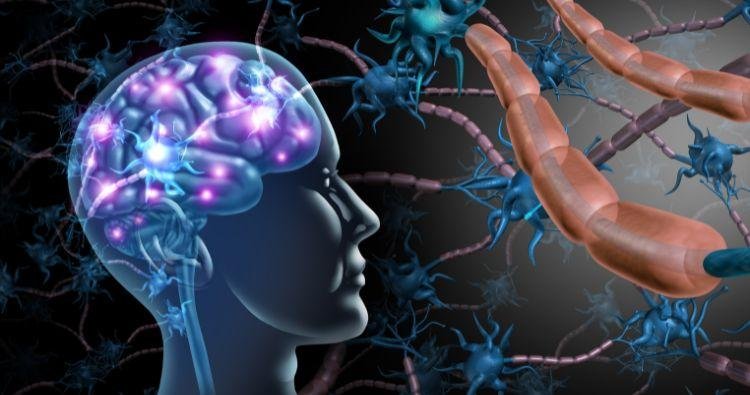The Gut as a Second Brain
The human gut is home to trillions of microorganisms, collectively known as the gut microbiome. These microbes play a crucial role in digestion, immune function, and even the production of neurotransmitters. Approximately 90% of the body’s serotonin—a key neurotransmitter that regulates mood—is produced in the gut. This means that a healthy gut can contribute to a happier state of mind.
The Role of Nutrients in Mental Health
Certain nutrients are particularly important for maintaining a healthy brain and mental health:
Omega-3 Fatty Acids: Found in fatty fish, flaxseeds, and walnuts, omega-3s are essential for brain health. They have anti-inflammatory properties and have been linked to a reduced risk of depression and anxiety.
Probiotics: These beneficial bacteria, found in fermented foods like yogurt, kefir, and sauerkraut, help maintain a balanced gut microbiome. Research suggests that probiotics can improve mood and reduce symptoms of anxiety and depression.
Fiber: A diet rich in fiber supports gut health by promoting the growth of beneficial gut bacteria. Foods like whole grains, fruits, and vegetables are excellent sources of fiber that can positively impact mental health.
The Impact of Diet on Gut Health
The foods we consume can either nourish or harm our gut microbiome. Diets high in processed foods, sugar, and unhealthy fats can disrupt the balance of gut bacteria, leading to inflammation and potential mental health issues. On the other hand, a balanced diet rich in whole foods, fruits, vegetables, lean proteins, and healthy fats can foster a healthy gut environment.
Inflammation and Mental Health
Chronic inflammation is linked to various mental health disorders, including depression and anxiety. Diets that promote inflammation—such as those high in sugar, refined carbohydrates, and trans fats—can contribute to poor mental health outcomes. Conversely, anti-inflammatory foods like fruits, vegetables, nuts, and fish can help reduce inflammation and support mental well-being.
Practical Tips for a Gut-Friendly Diet
To support mental health through diet, consider these practical tips:
Incorporate More Whole Foods: Focus on whole grains, fruits, vegetables, lean proteins, and healthy fats while reducing processed foods and sugars.
Eat Fermented Foods: Include foods like yogurt, kimchi, and sauerkraut in your diet to boost your intake of probiotics.
Stay Hydrated: Drinking plenty of water is crucial for overall health, including maintaining a healthy gut.
Limit Inflammatory Foods: Reduce your intake of sugary snacks, refined carbohydrates, and unhealthy fats.
Mindful Eating
Practicing mindful eating can also enhance the gut-brain connection. Taking time to savor meals, pay attention to hunger cues, and enjoy a variety of foods can improve digestion and overall well-being. Being mindful about your eating habits helps foster a positive relationship with food, further supporting mental health.




